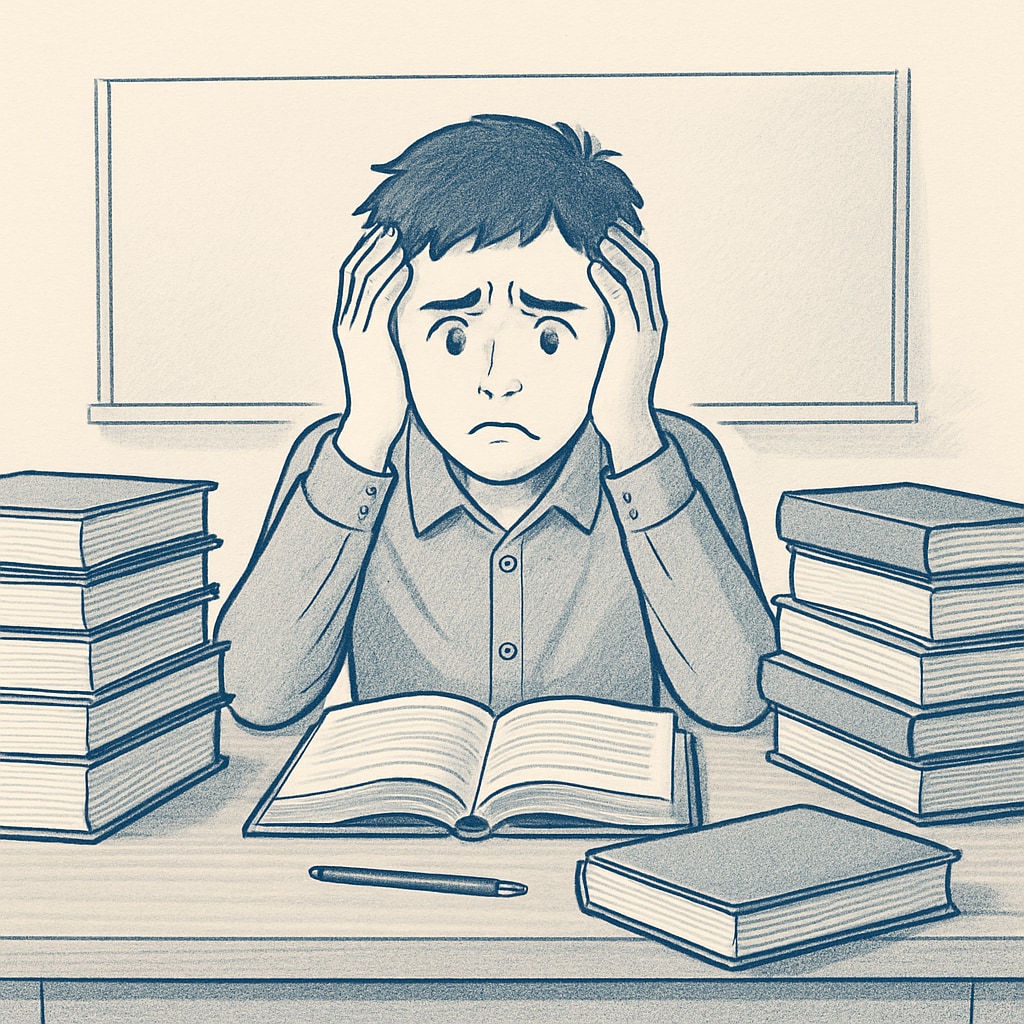For many students, GCSE results can feel like a defining moment in their academic journey. The pressure to perform well often leads to academic anxiety, as students worry about how their grades will shape their future prospects. However, while exam results are important, they are not the sole determinant of success. By broadening the definition of achievement and exploring diverse opportunities, students and parents can alleviate the stress associated with traditional measures of academic performance.
The Pressure of GCSE Results and Its Impact on Students
GCSE examinations are a pivotal part of the UK education system, often viewed as gateways to higher education and career opportunities. As a result, students frequently experience academic anxiety, fearing that subpar results will limit their options. According to a recent BBC report, over 60% of teenagers report feeling stressed about their GCSEs, highlighting the widespread impact of this issue.
This anxiety doesn’t just affect academic performance; it also impacts mental health, self-esteem, and even physical well-being. Symptoms such as insomnia, chronic stress, and feelings of inadequacy are common among students under such immense pressure.

Redefining Success Beyond Academic Grades
It’s essential to challenge the notion that success is solely defined by GCSE results. While grades can open certain doors, they are not the only path to a fulfilling career or life. For example, vocational training, apprenticeships, and creative pursuits offer valuable alternatives for students whose strengths lie outside traditional academics.
In addition, many successful individuals have demonstrated that resilience, creativity, and interpersonal skills are equally—if not more—important in shaping a prosperous future. For instance, well-known entrepreneur Richard Branson famously struggled in school but excelled in building businesses, proving that intelligence and talent come in many forms.

Practical Strategies for Managing Academic Anxiety
To help students navigate the stress associated with GCSE results, it’s crucial to focus on proactive strategies that promote a balanced perspective:
- Seek Guidance: Speak with teachers, counselors, or mentors who can offer personalized advice and support.
- Set Realistic Goals: Encourage students to focus on their personal progress rather than comparing themselves to peers.
- Explore Alternatives: Research non-traditional paths like internships or technical certifications to broaden opportunities.
- Practice Self-Care: Activities like exercise, mindfulness, and hobbies can help reduce stress and improve focus.
By adopting these strategies, students can build resilience and develop a healthier relationship with their academic journey.
The Role of Parents and Educators in Supporting Students
Parents and educators play a pivotal role in shaping how students perceive success. Instead of emphasizing grades as the ultimate goal, they can encourage students to explore their passions, develop critical thinking skills, and cultivate a growth mindset. This approach not only reduces academic anxiety but also prepares students for lifelong learning and adaptability in an ever-changing world.
Moreover, schools can integrate mental health resources into their curriculum, providing students with tools to manage stress effectively. Initiatives like peer support programs and workshops on time management can make a significant difference in students’ overall well-being.
In conclusion, while GCSE results are an important milestone, they should not define a student’s self-worth or future potential. By fostering a supportive environment and promoting diverse definitions of success, we can help students build confidence and resilience, paving the way for brighter futures.
Readability guidance: This article uses short paragraphs, actionable lists, and clear transitions to ensure accessibility for a broad audience. Overuse of long sentences and passive voice is avoided, making the content engaging and easy to follow.


